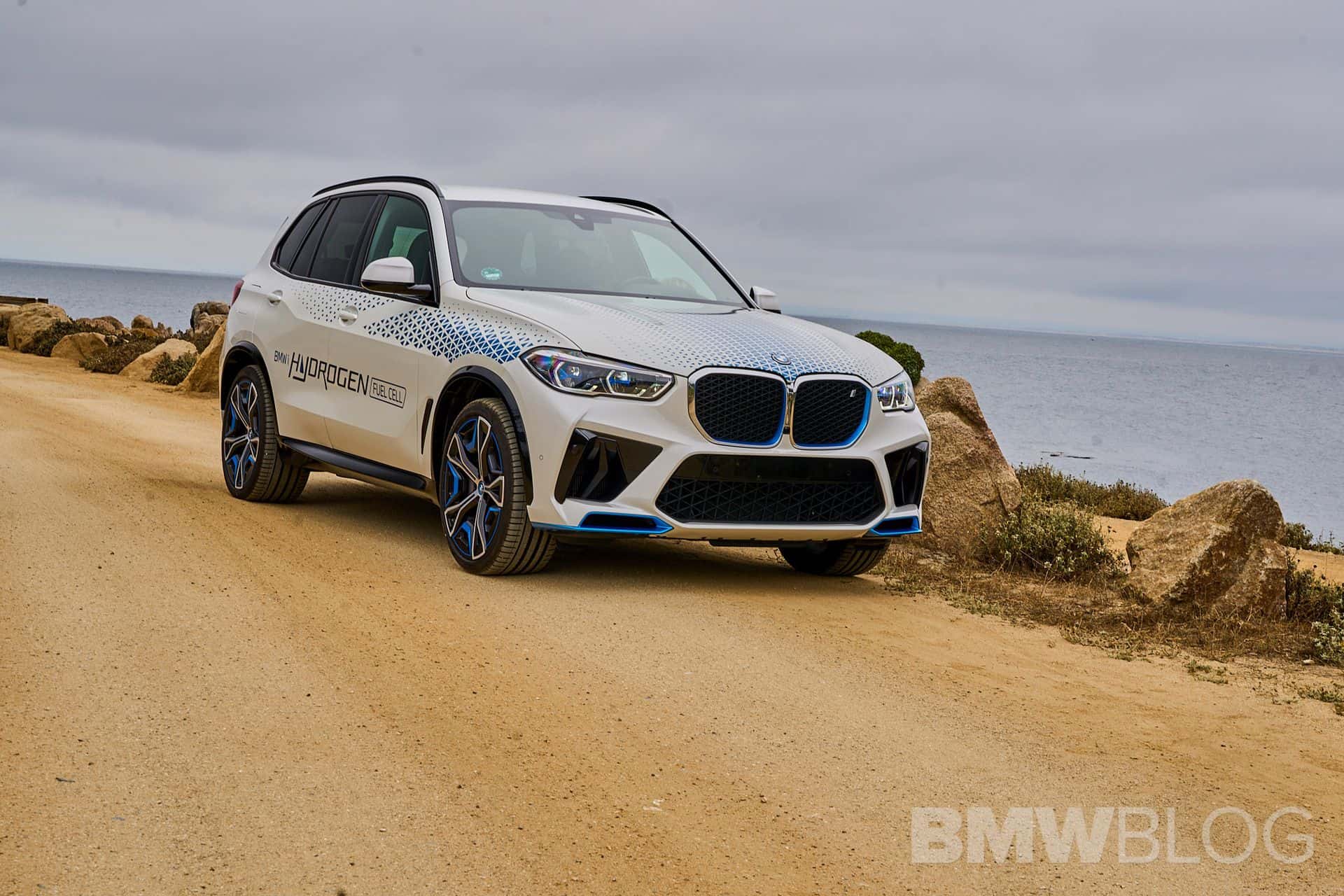While other automakers believe hydrogen is a lost hope, BMW thinks there is a future for a fuel cell EV. It continues to test iX5 prototypes around the world and has promised a production vehicle will be launched before 2030. Through the European Union, it has now secured external funding for further investments in this technology.
The European Commission has announced BMW is the sole automaker to receive a part of the €1.4-billion aid to pursue hydrogen. The “IPCEI Hy2Move” project represents a joint effort between the following seven EU countries: Estonia, France, Germany, Italy, Netherlands, Slovakia, and Spain. Member states project that an extra €3.3 billion will be made available via private investments.
BMW will receive an undisclosed amount to invest in mobility and transport applications of hydrogen. Some of the funds will be used for fuel cell technology as well as for hydrogen onboard storage solutions. Details about how much money the German luxury brand will get should be released soon.
Sources close to BMW claim the company’s first production hydrogen vehicle will be released in 2027. It’s supposedly going to be an iX5 based on the next-generation X5 (G65). That would make it a CLAR-based product. However, the world’s biggest premium marque has already announced Neue Klasse is being developed with hydrogen in mind. Meanwhile, the first NK-based models will be battery-powered EVs with sixth-generation cells.
BMW isn’t all alone in the hydrogen quest since Toyota also believes it could have a future, despite poor sales of the Mirai. The Japanese company does things differently nowadays since it’s busy converting internal combustion engines to hydrogen instead of fossil fuels. The two companies have been working together since 2013. The cells used by the iX5 are actually made by Toyota.
BMW has been experimenting with hydrogen cars since the late 1970s with a prototype of a first-generation 5 Series Sedan 520i. The E12 was known as the 520h and came to be in collaboration with the German Aerospace Research Institute. It had an ICE that ran on liquid hydrogen, stored in a tank mounted inside the trunk. Earlier this year, the BMW Group Classic unearthed the lesser-known hydrogen 5er.
Source: European Commission






































































